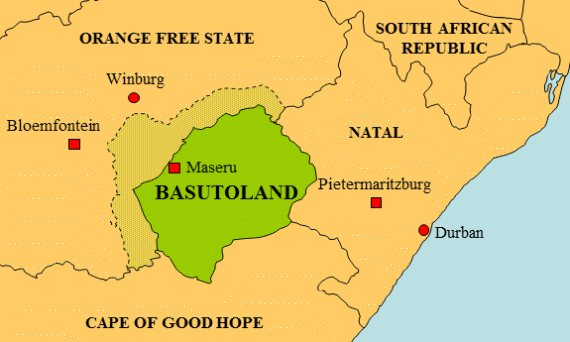The ritual murder case referred to in the text below is a very old one: over 65 years. The reason why I include it here is two-fold.
First, because it is a case of ritual murder that reveals the ‘social’ motives of the culprits: to protect the interests of the community (village). Historically, ritual murders were human sacrifices meant to safeguard the interests of the family or community.
The second reason is that it clearly illustrates why, for the present blog, I use the method of ‘copy-paste’ of the entire, original article (with explicit mention of the source and author of the article). In the past – for my website on Liberia – I summarized the contents of articles on ritual murders in African countries and added a link to the source. Unfortunately, after a number of years I discovered that links had vanished, expired, got lost in cyberspace causing an irreparable loss. Valuable material for researchers has thus been lost. To avoid this in the future I have decided to reproduce here the original articles that are being published.
For this reason I can only include here the text as published on my Liberia website. However, the text is clear and hopefully it may ever happen that it contributes to more information on this particular murder case. (Webmaster FVDK)
Eleven ritual murderers hanged (Maseru, Basutoland, 1953)

Source: Wikipedia
An African headman, Pheelo Smith, desperately needed a human sacrifice to save his villagers’ crops. He chose his father-in-law as the victim, and the whole of the village of Maseru in Basutoland (now Lesotho) turned out to watch the ritual murder.
Forty-two people were charged with being implicated in the crime, although 11 were finally charged with murder. Eight of them made a break-out from custody and fought a pitched battle with the police before they were recaptured.
All 11 – nine men, who included headman Pheelo Smith, and two women – were hanged on Thursday, August 20th, 1953, at Maseru Prison.
